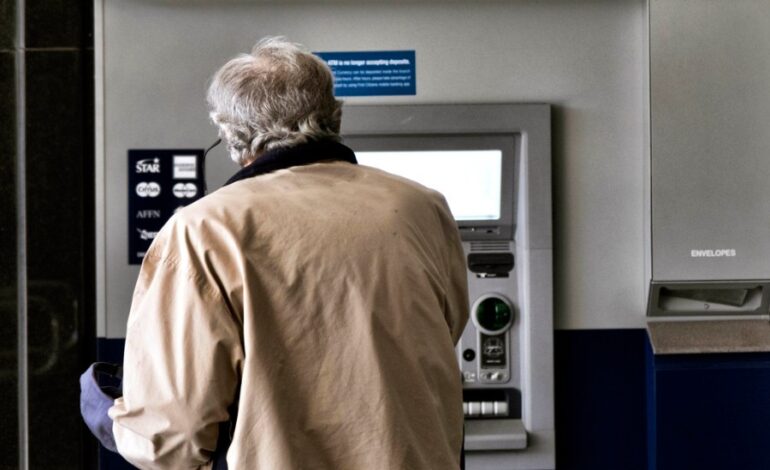Senators Push Back Against Overdraft Fees, Call for Reform

Recent efforts by U.S. Senators Elizabeth Warren, Bernie Sanders, and Richard Blumenthal have ignited a debate over the legitimacy of overdraft and non-sufficient funds fees imposed by banks. These lawmakers argue that such fees exploit vulnerable consumers, but the financial implications of their elimination warrant a closer examination.
The senators have voiced strong opposition to what they describe as predatory practices, which can charge consumers upwards of $35 per transaction. According to the Consumer Financial Protection Bureau, overdraft fees generated approximately $33 billion in revenue for banks in 2021. This revenue stream is significant for financial institutions, particularly in a climate where interest rates are low and traditional lending options may be limited.
Understanding Overdraft Fees as Short-Term Loans
While critics label these fees as unjust, they serve a specific purpose in the financial ecosystem. Overdraft fees can be viewed as a form of short-term, high-risk loan that provides immediate, albeit costly, access to credit for consumers facing unexpected expenses. For many individuals, especially those with limited access to credit options, these fees can be a lifeline during emergencies.
The lawmakers’ push for reform centers on the argument that these fees disproportionately affect low-income households. Data from the Federal Reserve indicates that nearly 60% of overdraft fees are paid by just 8% of account holders. This statistic underscores the concern that those who are already financially vulnerable are hit the hardest by banking practices that many consider exploitative.
In response to increasing scrutiny, some financial institutions have begun revising their overdraft policies. For instance, Bank of America announced it would eliminate non-sufficient funds fees, while others are exploring alternatives to traditional overdraft services. However, industry advocates argue that eliminating these fees entirely could lead to reduced access to credit for those who need it most.
The Legislative Landscape
The discussion surrounding overdraft fees is occurring within a broader context of financial regulation. Senators Warren, Sanders, and Blumenthal have called for comprehensive reforms that would not only address overdraft fees but also enhance the transparency of banking practices. Their proposed legislation aims to limit the amount banks can charge and to mandate clearer disclosures about these fees.
The senators’ efforts reflect a growing sentiment among lawmakers and consumer advocates that financial institutions should be held accountable for their fees. The U.S. Senate is expected to hold hearings on this issue in the coming months, providing a platform for both sides of the debate to present their cases.
As the conversation progresses, it remains to be seen how significant changes will materialize within the banking sector. The outcome could reshape the landscape of consumer banking, potentially leading to more equitable practices that align better with the needs of American consumers.
While overdraft fees may serve a purpose in providing short-term credit, the challenge lies in balancing the needs of consumers with the financial realities faced by banks. The ongoing discussions in the Senate will undoubtedly influence how this issue evolves, impacting millions of consumers across the nation.






